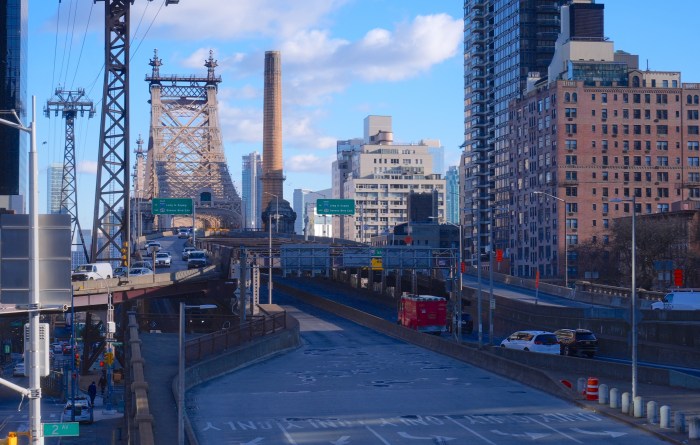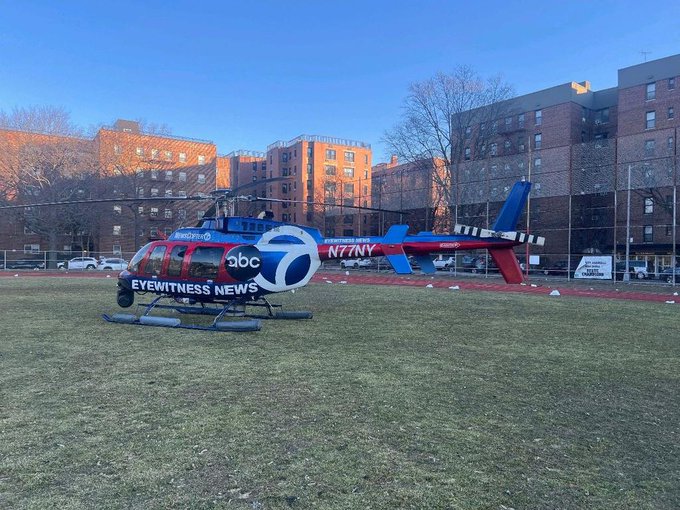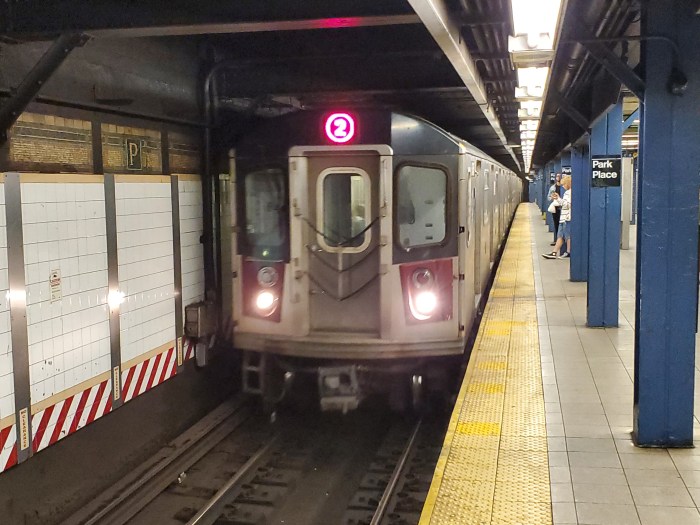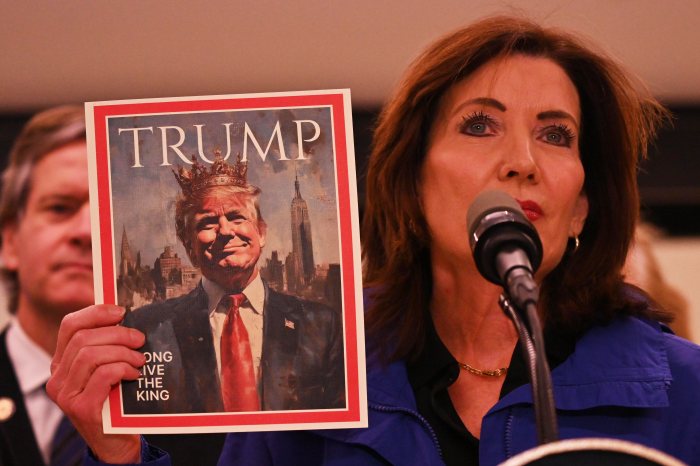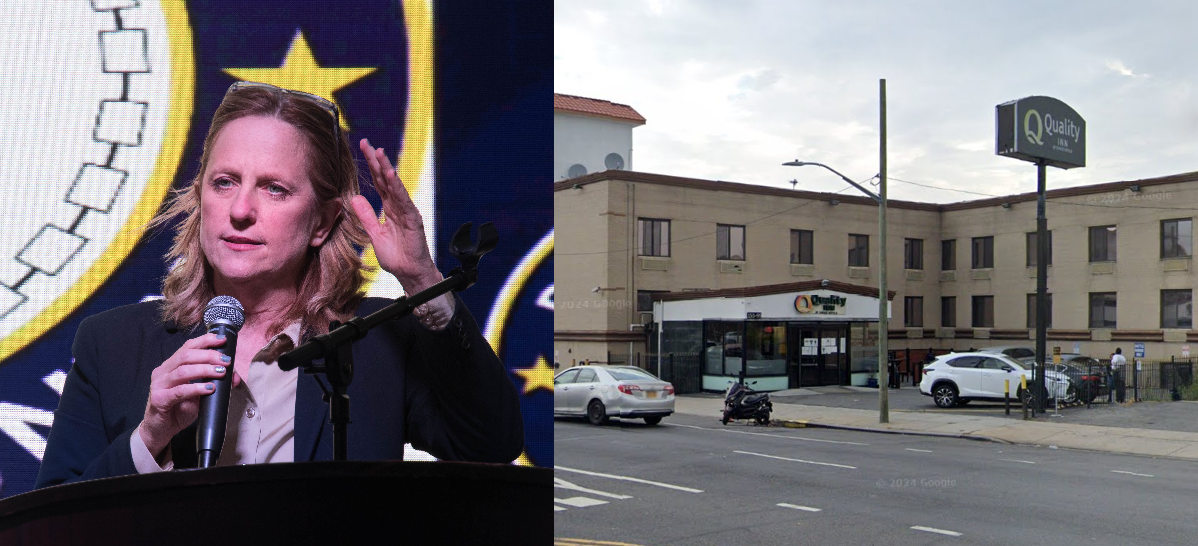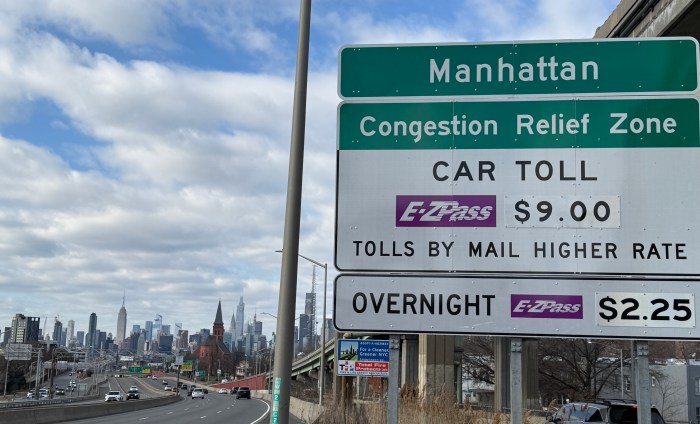
A slew of MTA projects received funding on Wednesday after its board voted to approve a controversial capital plan amendment that saddles the agency with another $1.6 billion in debt.
The added debt will allow the agency to increase its current five-year capital plan from $29.5 billion to $32.5 billion in order to pay for big projects like work on the second phase of the Second Avenue subway, as well as new countdown clocks and subway cars.
It will also help fund several projects heralded by Gov. Andrew Cuomo, like open-road tolling and the MTA’s initiative to revamp 32 subway stations.
“These are things we have to do and we have to do quickly. We also have to add capacity. We talk about running trains closer together — you have to have the trains to run closer together,” said the MTA’s acting chairman Fernando Ferrer. “Do we have to borrow if we want things? We absolutely do. Are we ready to do that and do we have the capacity to do that? Yes we do.”
But several board members appointed by the mayor voiced concerns over transparency; another criticized the MTA for taking on debt to support Cuomo-backed projects.
When the MTA first introduced its proposed 2015-2019 capital plan in 2014, it was $32 billion in size — which Cuomo at the time called “bloated.”
It took nearly a year of negotiations between Cuomo and other stakeholders to whittle the plan down to $29.5 billion. Since then, Cuomo has announced a variety of new projects, from redesigned subway stations to automated MTA crossings. Now the capital plan is actually larger than first conceived.
Veronica Vanterpool, a board member and executive director of the Tri-State Transportation Campaign, said the state should pony up the funds for such projects, and not force the MTA into assuming more debt.
“I find it very curious that it’s not a ‘bloated’ plan anymore now with a different set of priorities,” Vanterpool said. “My biggest concern is that there should be more state funding so that the MTA doesn’t have to take out that debt. If there’s a new set of priorities, let’s make sure there’s funding to match that new set of priorities — and there isn’t.”
A spokesman for the governor pointed out that the state has already contributed $8.3 billion toward funding the capital plan and pointed to Ferrer’s comments that the agency can handle the added debt.
The amended plan helps support many projects that have already started. It adds $419 million for open-road tolling systems; $700 million for ongoing preliminary work for the Second Avenue subway’s second phase; and $1.9 billion for a third track on the Long Island Rail Road’s main line, among other projects.
There’s also another $226 million for additional ADA work at stations and another $751 million to help the MTA redesign and renovate its 32 selected subway stations.
Polly Trottenberg, the commissioner of the Department of Transportation and MTA board member, abstained from voting because she felt she didn’t have enough time to review the amendment after receiving the amended plan on Monday. She felt the public should have had at least a month to review the amendment.
Board member Ira Greenberg lamented over the agency’s level of debt (it’s $43 billion in total), which he believes will hinder operations three years down the line when the agency needs a new capital plan to map out its mega projects.
“When we’re looking to fund the new capital program, the answer is here and now of why there won’t be money,” Greenberg said. “And why the MTA will need yet another new funding source to fund the next capital program — because we bonded against all our revenue.”



